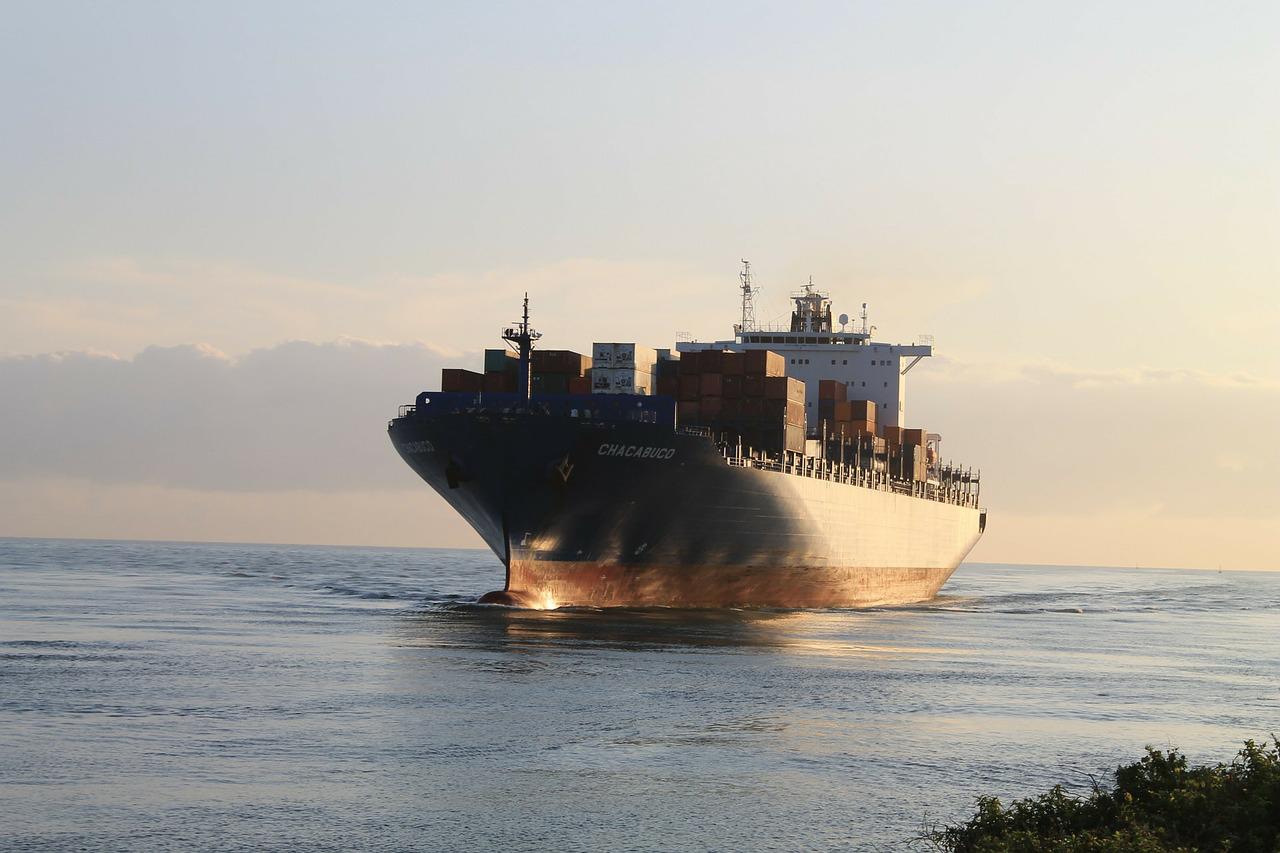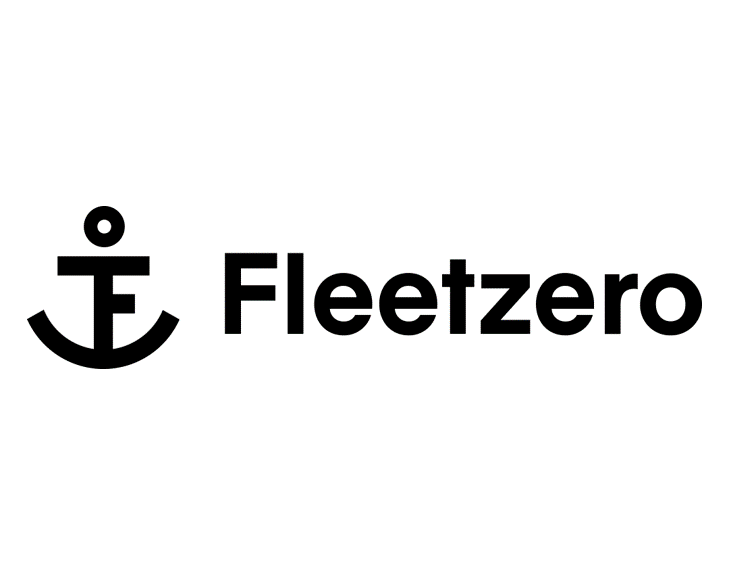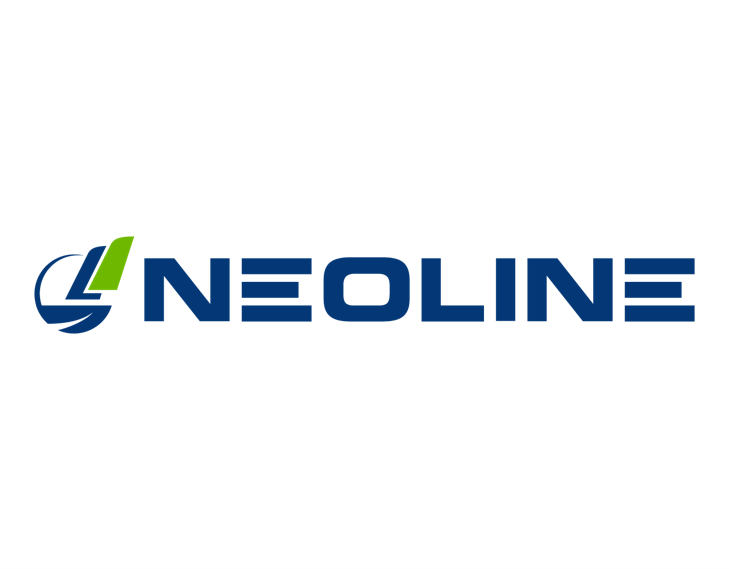123Fab #87
1 topic, 2 key figures, 3 startups to draw inspiration from

Last week, Canada Steamship Lines’ latest diesel-electric self-unloading vessel – the MV Nukumi – entered service with Windsor Salt. In order to reduce the vessel’s greenhouse gas emissions by 25% and air pollutants (substances that have a detrimental effect on living organisms) by 80%, the MV Nukumi was fitted with a twin-fin diesel-electric propulsion system. According to the International Council on Clean Transportation, maritime shipping could account for 17% of total emissions by 2050. For several years, the IMO (the International Maritime Organization) has been tightening the requirements for international shipping in order to achieve its goal of reducing the sector’s carbon intensity by 40% by 2030. In response, several initiatives and technologies, including fuels, are being developed to comply with the new rules that are gradually coming into force.
Electricity-based solutions
Solutions based on electric power (batteries, motor) have been widely developed over the last few years, such as the Yara Birkeland, the first autonomous battery-powered container ship that set sail last year in Norway to transport 120 containers over 7.5 nautical miles. Startups are flocking to the sector, with total funding of more than $360 million. Fleetzero, which builds battery-electric cargo ships, has already raised $3.5 million. The startup is increasing the efficiency of existing diesel ships by converting them into battery-electric vessels and is pioneering innovation with the MVE7 – an electric ship designed for transpacific cargo delivery.
However, for the time being, due to energy storage constraints, the electric solution can only be relevant for niche use, such as ferries with fairly short and stable routes, multiple recharging times at the quayside, or for coastal and river transport, and not for long-distance ships. Other alternatives seem more appropriate for maritime transport and it is likely that a transition to hybrid engines will be necessary to reduce carbon emissions in the sector.
Other non-combustion engine solutions
Several technologies show that there are alternatives to power generation by internal combustion engines, but they are not suitable for all uses, including long-distance shipping.
- Wind: Hybrid electric propulsion combined with renewable energies such as wind has the best total carbon footprint, especially for small ships. The Nantes-based start-up Neoline has the ambition to develop commercial lines operated with ships designed to use wind. Scheduled to enter service in 2024, the first Neoliner will be a 136-meter long, 24-meter wide ship capable of carrying 5,000 tonnes of cargo. The sails, combined with a reduction in commercial speed will reduce energy requirements by 90% compared to a traditional cargo ship of the same size.
- Hydrogen: Hydrogen stored onboard powers a fuel cell that produces the electricity needed for propulsion. While this technology meets the objectives of reducing CO2 emissions, it nevertheless shifts the problem to the production of hydrogen, 95% of which is currently produced from fossil fuels on land (Futura Planète). Moreover, the stability of onboard storage still raises technical reservations. The startup Boundary Layer Technologies combines the known physics of hydrofoil with patented designs to build 160-container ships that run on hydrogen. The ARGO cargo ship is powered by liquid H2 and travels at twice the speed of conventional containerships. It uses direct routes to reduce overall transit times and be competitive with air freight.
New fuels for internal combustion engines
For the next 30 years, the predominance of internal combustion engines for ship propulsion remains the most credible scenario. But it is possible to improve the environmental balance by changing the fuels.
- MGO – Maritime Gas Oil: The aim is to integrate a growing proportion of fuels from agricultural production, mainly ethyl, or recycled petroleum products such as waste oils or recycled vegetable oils. However, production is costly if not subsidized (collection, reprocessing) and the impact on emissions remains low. On the other hand, in the case of fuels derived from agricultural production, the ecological cost is highly controversial. The startup Mash Makes was a finalist of the 2022 World-Changing Ideas Awards. It specializes in converting various agricultural residues into carbon-negative fuel products that meet the necessary international maritime standards.
- Ammonia: Compared to hydrogen, ammonia has a higher energy density and is more available in ports. In addition, the production cost per tonne is very low, and this solution can meet the targets set by the IMO. However, its mass production as a fuel has been ruled out until now because of its toxicity and low flammability. It is massively manufactured from fossil fuels, which also shifts the environmental problem. The most promising combustion tests for this technology are based on a combination of 70% ammonia and 30% MGO. Brooklyn-based startup Amogy is developing an ammonia power system for ships and heavy-duty road transportation. The technology uses liquid ammonia and converts it into hydrogen gas, which then runs through a fuel cell. The one-year-old company says it plans to launch a small demonstration vessel by early 2023, along with large road vehicles.
- Methanol: Methanol is a promising alternative fuel for reducing emissions and improving the environmental performance of shipping. It contains no sulfur and, because it is a clean-burning alcohol, emissions of NOx and particulate matter from combustion are low. However, the use of methanol requires certain levels of safety and engine adaptation as well as increased bunkering capacity on board.
- LNG – Liquefied natural gas – coupled with MGO: LNG can drastically reduce combustion emissions, including carbon emissions, which is its great advantage. Moreover, it requires only minor modifications to current propulsion technologies, which means that emission reduction targets can be met quickly and with limited investment. However, this technology relies soleyl on fossil resources.
Large groups are also targeting this segment. In August 2021, Maersk ordered eight green methanol-fuelled ocean-going vessels for delivery from the first quarter of 2024. They have also invested in WasteFuel, another Californian start-up making greener biomethanol from waste. Through the Ammonia 2-4 project, a strong consortium of shipping players including Wärtsilä, C-Job, DNV, and MSC aims to develop demonstrators of two- and four-stroke marine engines running on ammonia.
Finally, numerous alternatives are being developed, notably under pressure from the IMO and numerous supra-national bodies, including the Brussels Commission. While for small ships and routes, 100% electric or renewable energy-based alternatives are being developed, for freight transport, hybrid engines seem more feasible for the coming years. But questions remain: batteries have a limited life expectancy and their production requires many critical materials. The overall carbon impact of these new fuels is therefore far from zero.
2 Key Figures
Global marine fuel market is expected to reach a total market size of $156 billion in 2025.
Research And Markets
+80 startups manufacturing electric ships
Traxcn
3 startups to draw inspiration from

Fleetzero
The startup is building battery-electric ships that will sail between major neighbouring ports. The plans call for unloading containers of cargo and nearly depleted batteries, and then loading containers of replacement cargo and freshly recharged batteries. This method would allow the ships to carry a relatively small fleet of batteries.

Neoline
The startup is working on decarbonized merchant shipping, powered mainly by sail. The first Neoliner will be capable of carrying 5,000 tonnes of cargo. The sails, combined with a reduction in commercial speed will reduce energy requirements by 90% compared to a traditional cargo ship of the same size.

Mash Makes
The startup is specialized in the environmentally friendly conversion of various agricultural residues into fuel products in accordance with international standards. The biofuel is compliant in a B11 blend with DMA (or MGO) directly from the pyrolysis machine. The fuel has been validated at Alfa Laval’s Marine Test and Training Center.
Interested in a startup landscape or in an insights report?
Please fill out our contact form so that we can get back to you very quickly with our product offer.
Want to subscribe to our 123Fab?
Fill out our form to receive the latest insights into your inbox.
